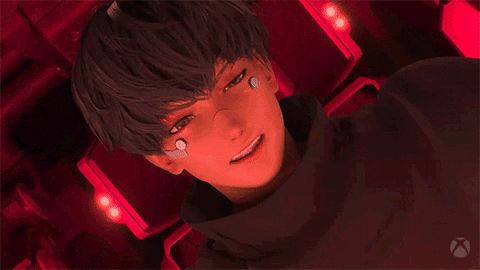Ender's Game, written by Orson Scott Card, is a novel that delves into various social issues through its narrative. The story revolves around young Ender Wiggin who is chosen to lead an international military force in order to defend Earth from alien invaders. While the book primarily focuses on themes of war and leadership, it also subtly explores several other societal aspects that are worth discussing.
One such theme is the concept of social stratification. In Ender's Game, we see how children from different backgrounds are selected based on their intelligence quotient (IQ) to attend Battle School - a military academy where they train for war against an alien race called Formics. This selection process highlights the importance society places on intellectual prowess and suggests that those who excel in this area may be given preferential treatment over others, creating divisions among people based on their cognitive abilities.
Another social implication present in Ender's Game is the idea of scapegoating or blaming individuals for larger systemic problems. Throughout the story, we witness how certain characters are made to bear responsibility for events beyond their control. This not only reflects real-world instances where innocent people are unfairly targeted but also raises questions about accountability and justice within society.
In conclusion, Ender's Game offers a thought-provoking exploration of various social implications that resonate with our own world today. By examining themes such as social stratification and scapegoating, the novel encourages readers to reflect on how these issues shape our societies and influence human behavior.
